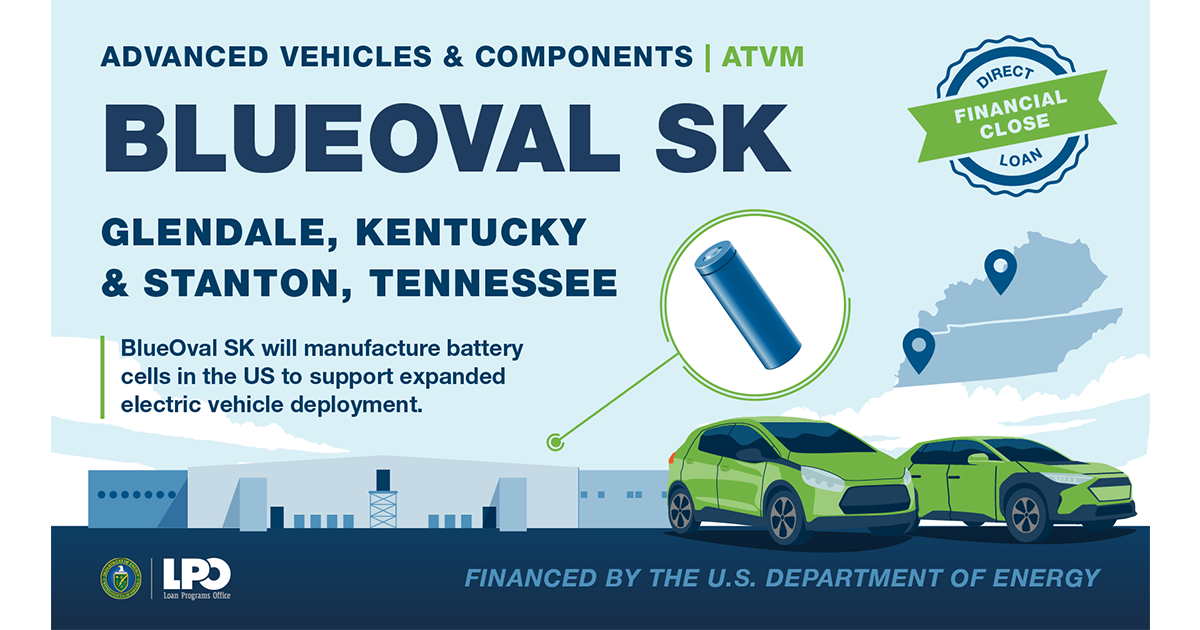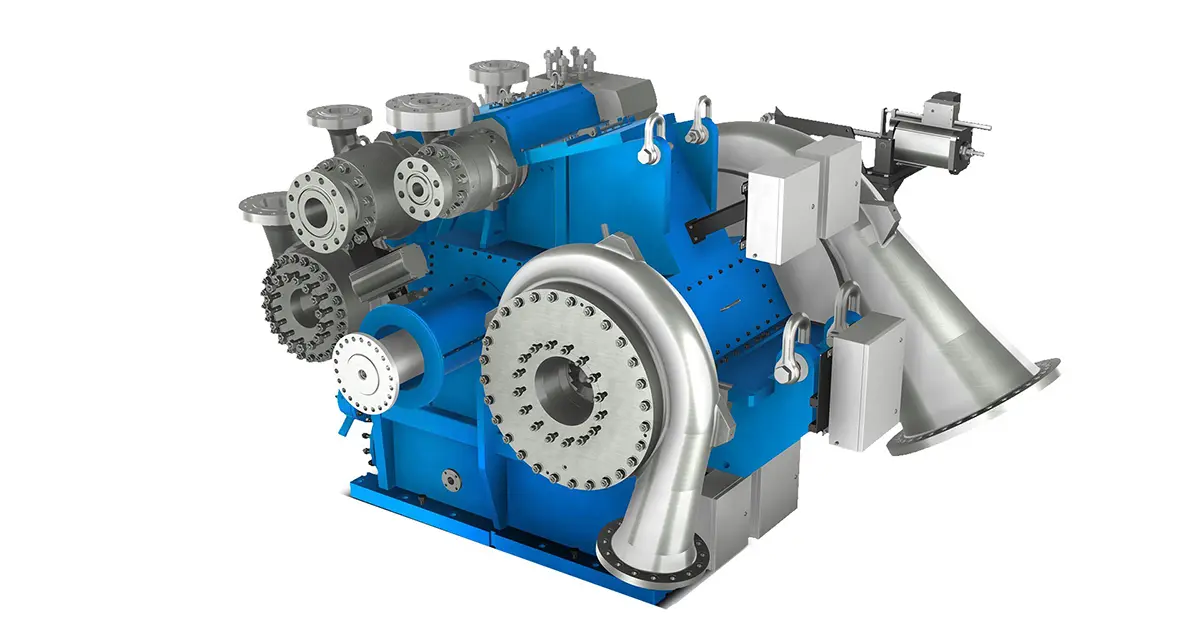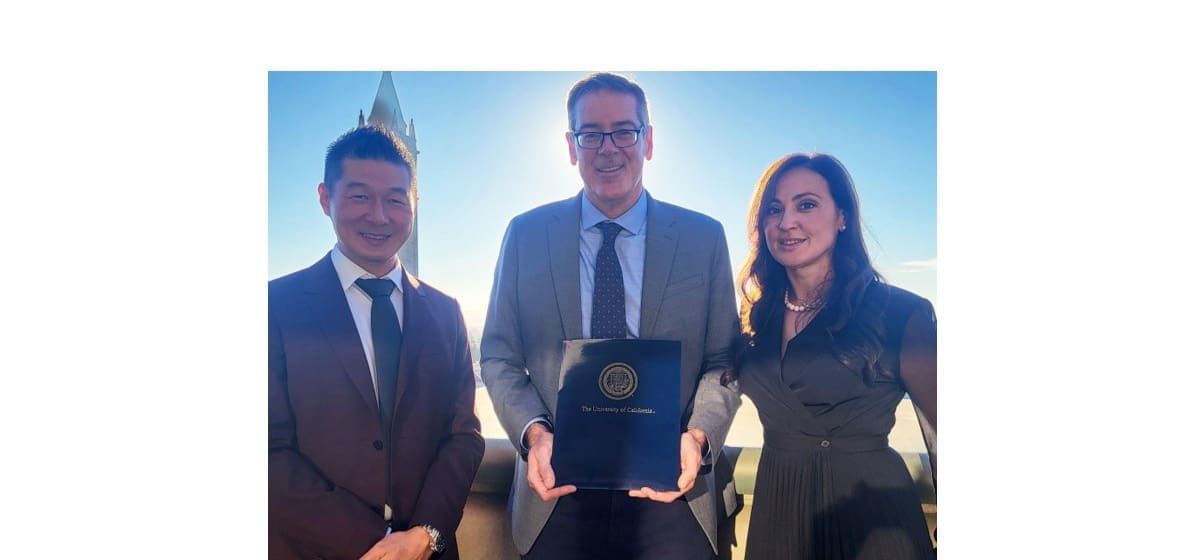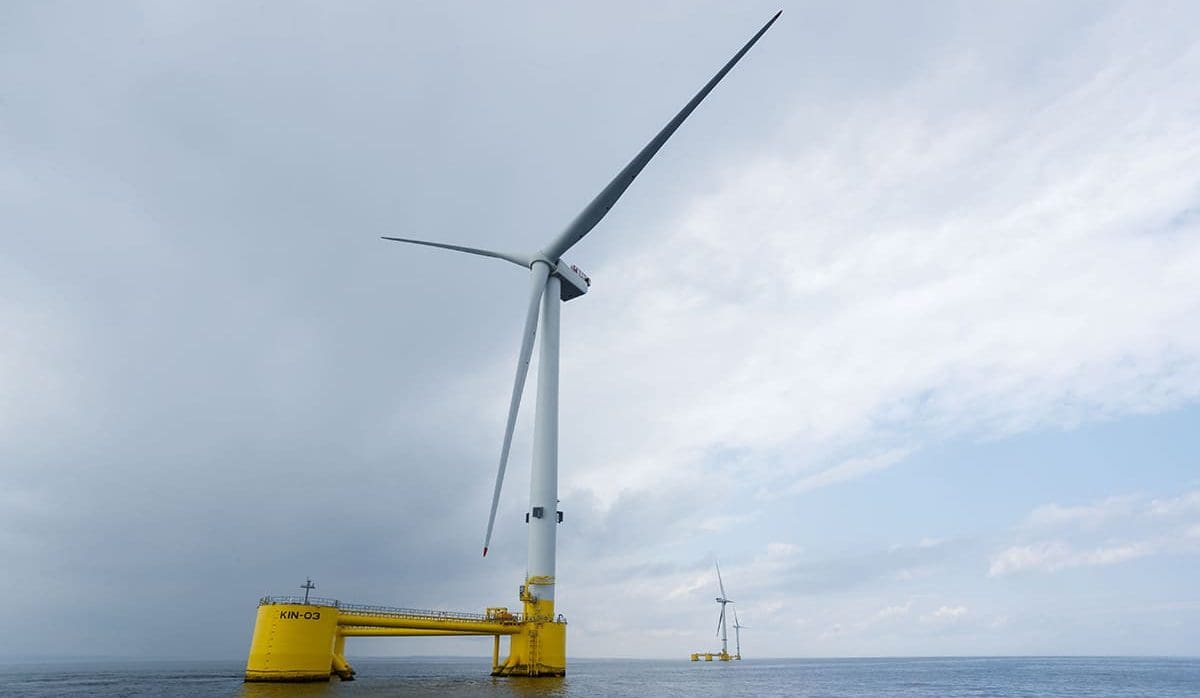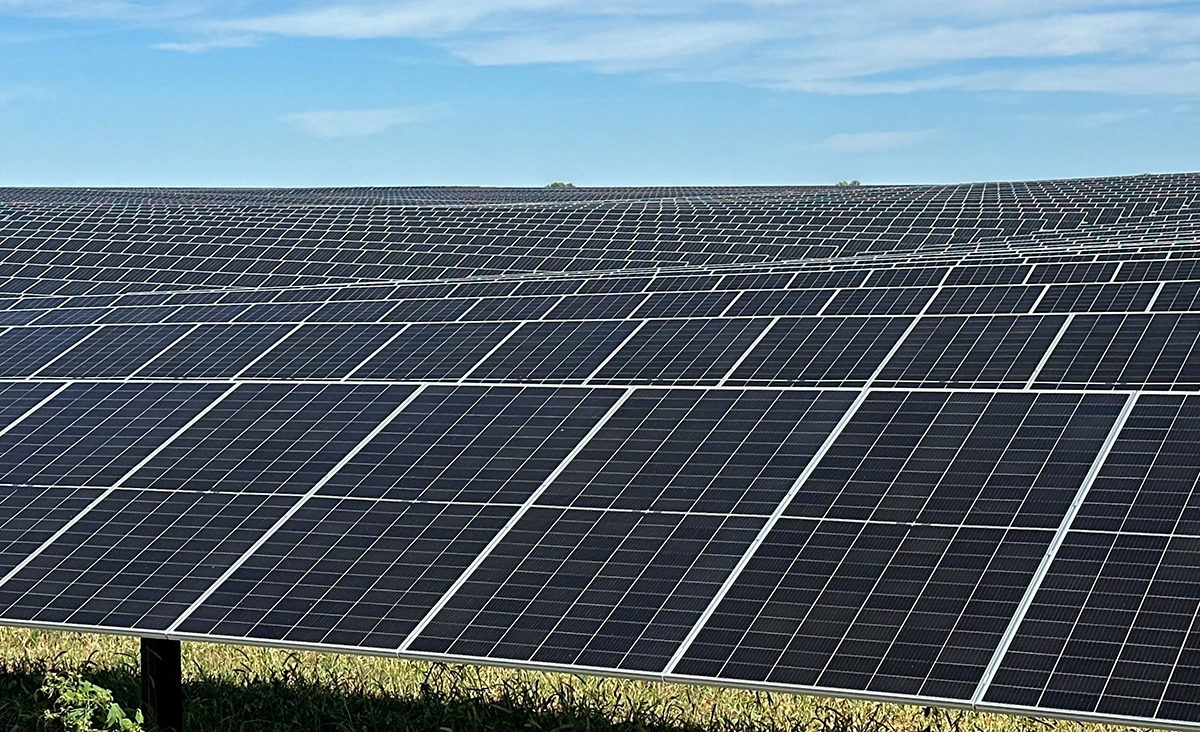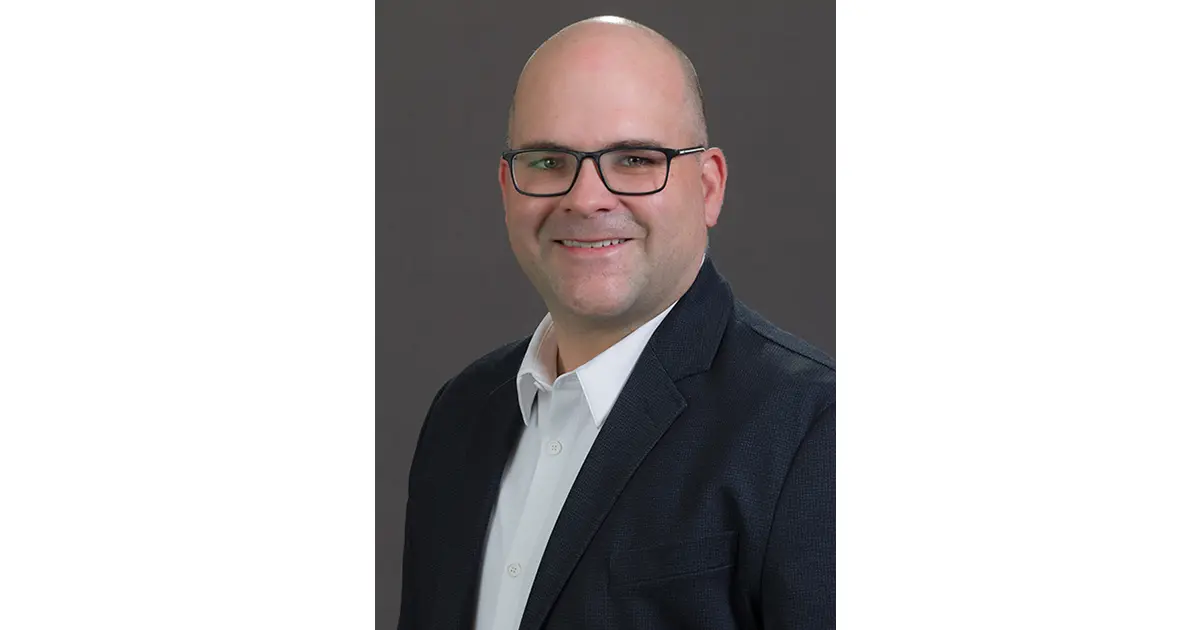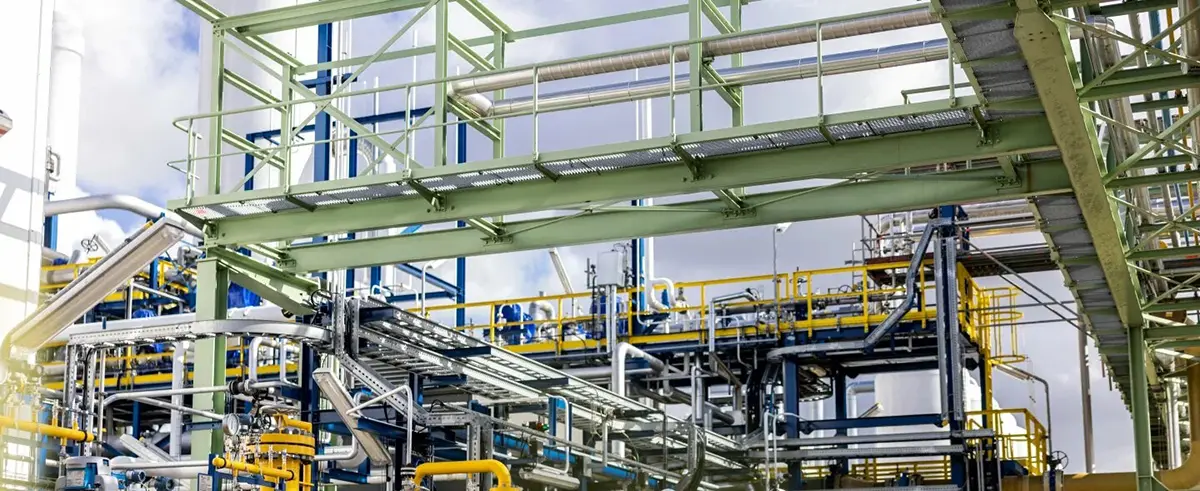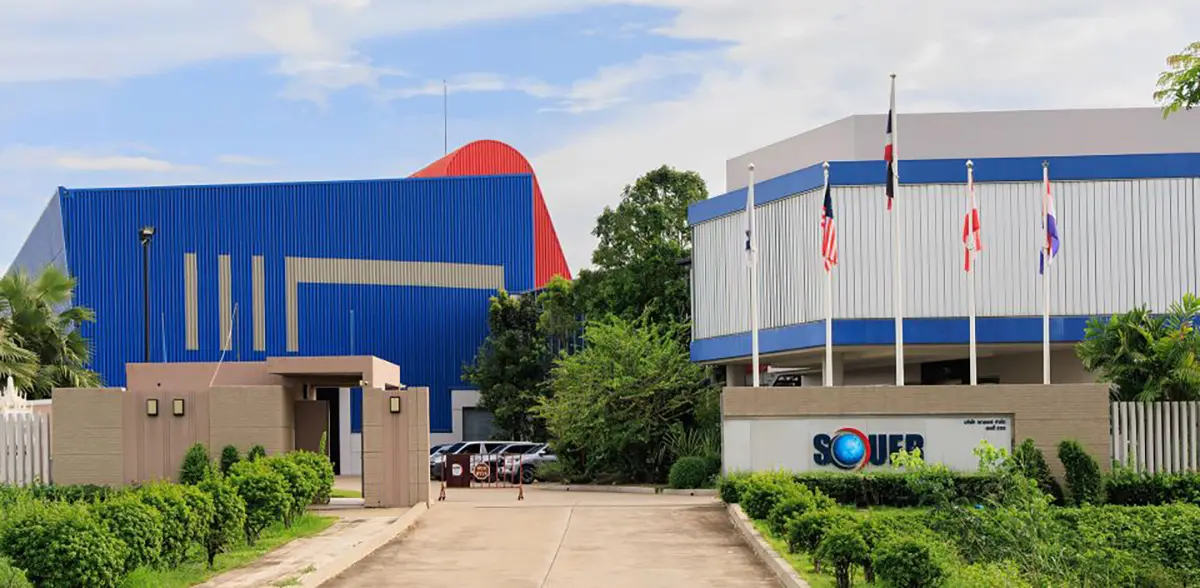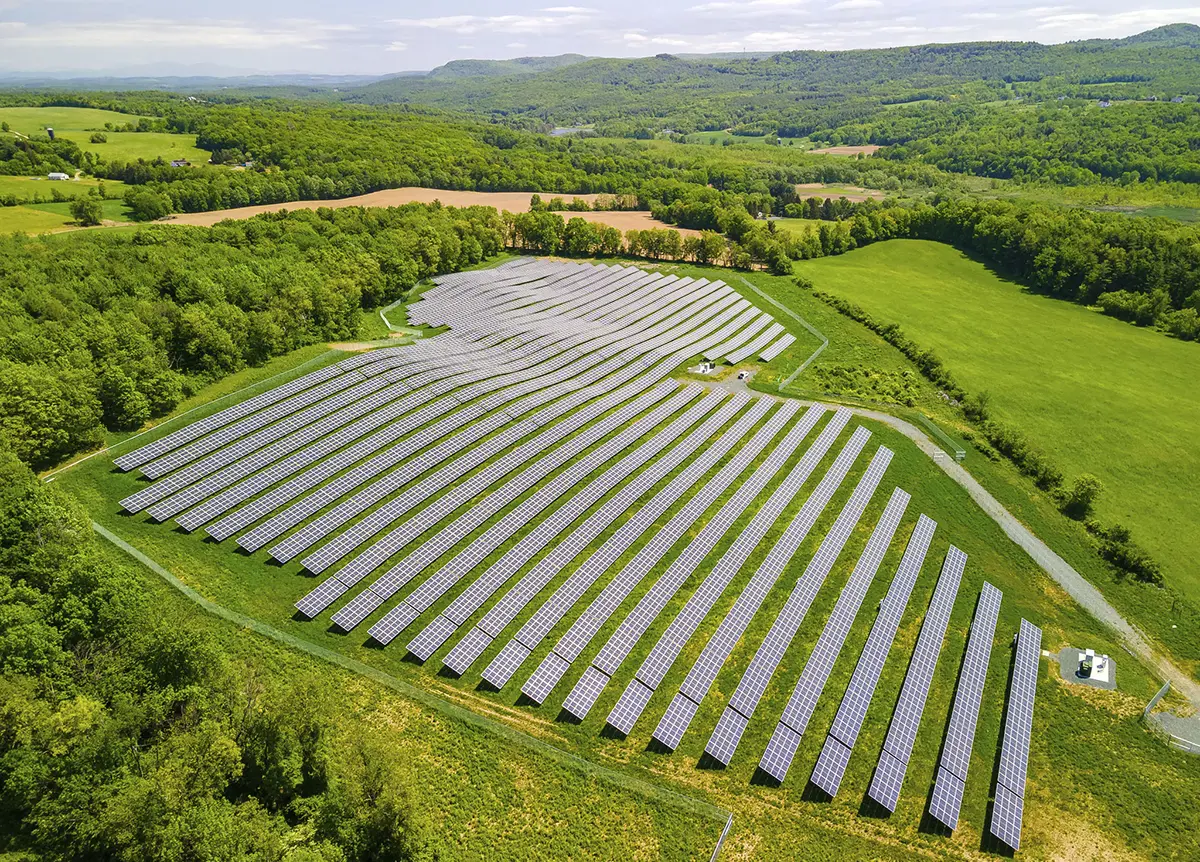
A New Lease For A Long-Lived Company
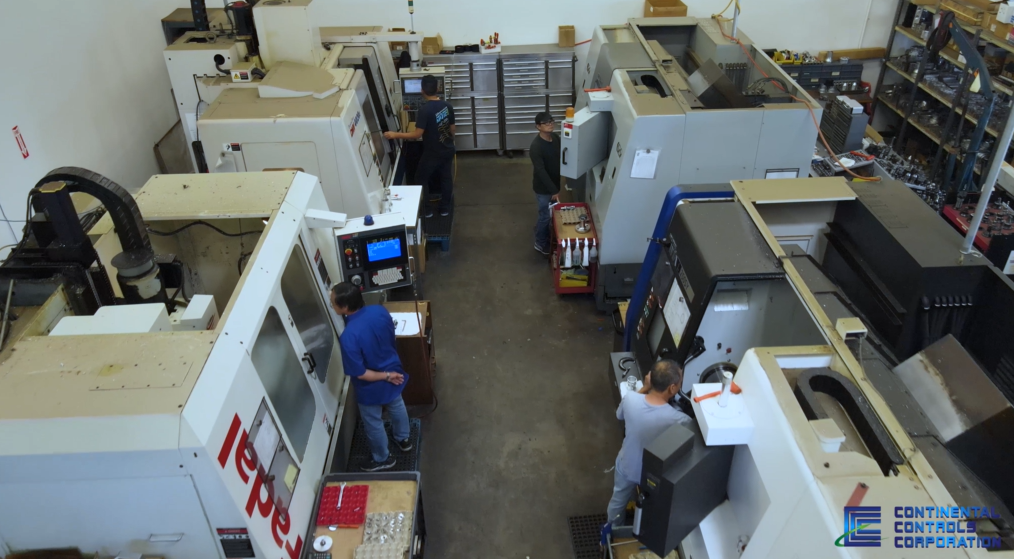
This article was written by Susan Mardele.
The founders of Continental Controls Corporation (CCC) developed the earliest electronic fuel control products around 1970. The devices have evolved into highly effective smart air-fueled control systems with closed-loop, ultra-low emissions controls. Today, CCC manufactures these fuel control products for reciprocating and turbine engines.
When an engine burns fuel, it is not 100% efficient, so unburned fuel passes out of the exhaust pipe. A smart control system meters the exact amount of fuel that goes into the engine so it’s never over-fueled. Controlling the fuel reduces consumption and emissions to meet more stringent government regulations.
With the rise in natural gas use and the pipelines that carry it, compressors must be stationed along the pipeline to keep the gas moving. CCC’s fuel control products allow natural gas to fuel the compressor engines that keep the gas moving while substantially reducing emissions.
CCC’s smart valves are not only useful for natural gas pipelines. Essentially, the valves are engine-agnostic. Customers use them on engines coupled with compressors, pumps, and generators powering facilities that use gas. The latest application is in pumps used for fracking. CCC’s valves pay off in fuel savings, emissions reductions, and compliance.
A New Home
Well before the lease on CCC’s headquarters and manufacturing facility was due to end in 2022, the company began looking for its next home. Company leaders considered nearby areas in San Diego County and places further afield in Texas and Prescott, Arizona, appreciating their manufacturing-friendly environments.
In the meantime, COVID-19 hit. Material price-hikes and shortages extended the timeline, then stretched the budget so far that construction costs outpaced the construction loan commitment, so CCC scrapped the Prescott plan.
A Chance Meeting
As luck or providence would have it, an employee talked with someone who worked in a neighboring building. The employer was leaving the building, and it wasn’t yet on the commercial lease market.
Two things happened from this chance meeting. First, CCC found the purchasing agent it needed to hire. Second, and more importantly, the company found a new facility in San Diego’s Miramar area, right next to their old facility. Moving is always disruptive, but moving next door? A piece of cake over Prescott, and no one had to relocate. As a result, the company experienced zero attrition transitioning to the new building.
Room To Grow
CCC had all its operations under one roof and was beginning to feel a pinch for space in the old facility. While unexpected and originally unwelcome, the move turned out to be opportune. At 20,000 sq.ft. (1858 m2), the new facility is larger than the previous one. The company completed the move during Q4 2022.

“We had collected a lot of stuff over the years in our old facility, and this was a great opportunity to clean it out,” said Keith Flitner, CCC’s senior vice president of Sales. “People are stunned by how much room we have now. We’ve expanded our office area and hired new engineers and support staff in the new facility.”
With the added space, CCC redesigned its test facilities and expanded its capacity, boosting production. It also laid out the manufacturing and assembly floor in a cell configuration. All the people, tools, inline test equipment, and anything pertaining to a process or product are now focused in a particular area, increasing efficiency.
Vertical Integration
“We’re almost 100% vertically integrated,” said Flitner. “We not only manufacture and test our valves, but we have our own machine shop with computer numerically controlled [CNC] machines that manufacture most of our parts. Before moving to the new facility, we had six CNC machines. With the extra space, we’ve added two more.”
CCC was a pioneer in the use of digital electronics. The company backs up in-house manufacturing with outside options, but from the beginning, it has manufactured its circuit boards. The company also handles machining, electronics, and assembly in-house.
This insistence on vertical integration proved to be a wise move during the supply chain disruptions COVID-19 triggered. While other manufacturers waited for parts from ships anchored offshore, CCC continued to deliver its products with the best lead times in the industry.
Environmental Regulations
The government is constantly tightening emissions regulations to limit the amount of greenhouse gas that escapes into the atmosphere from using fossil fuels. CCC was already well positioned with its products to provide the controls needed for compliance. The new facility allows space to expand the manufacturing and conduct research and development (R&D) for new products as needed.
“Our systems can expand as the government requires additional controls to capture fugitive emissions,” Flitner said. “We can test new concepts internally because we have a fully developed system integration lab in our new facility. CCC has always led the industry in adding sensors to our Smart Controls, and we are now incorporating additional technology for managing fugitive gas.”
CCC plans an expanded product line now that it has more space. “CCC has invested in R&D, and the resulting products have yet to go to market,” Flitner said. “Our strategic goal this year, now that we have this new facility, is to start rolling out new products.”

